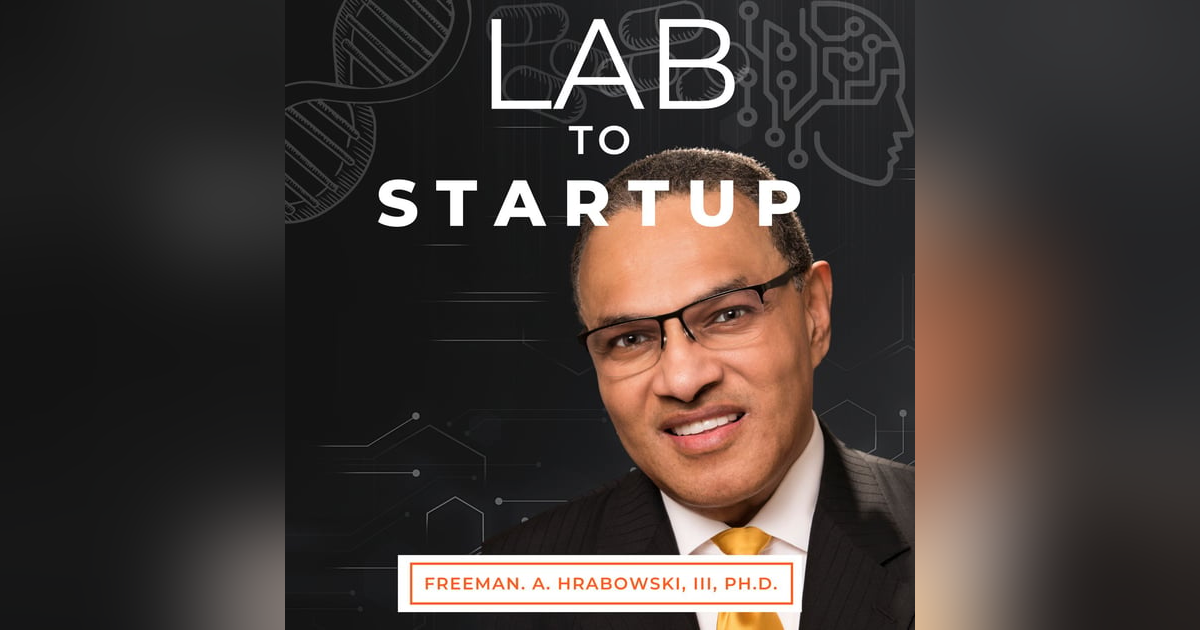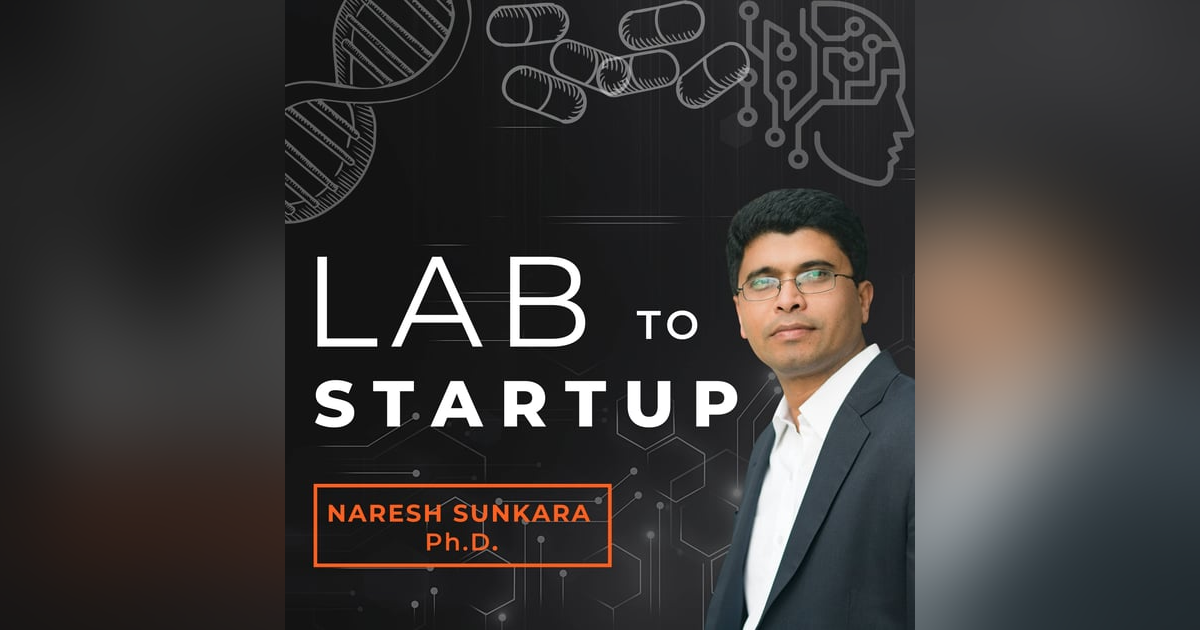Translating lessons learnt on diversity from academia to startups and the tech world.

Freeman A. Hrabowski, III is the President Emeritus of UMBC (The University of Maryland, Baltimore County) who served as president from 1992 to 2022. His research and publications focus on science and math education, with special emphasis on minority...
Freeman A. Hrabowski, III is the President Emeritus of UMBC (The University of Maryland, Baltimore County) who served as president from 1992 to 2022. His research and publications focus on science and math education, with special emphasis on minority participation and performance.. He was named in 2012 by President Obama to chair the President’s Advisory Commission on Educational Excellence for African Americans. In 2022, Dr. Hrabowski was elected to the National Academy of Engineering. In Addition, the Howard Hughes Medical Institute (HHMI) also launched the Freeman Hrabowski Scholars Program, a $1.5 billion fund to help build a diverse scientific workforce.
We talk about In this episode of lab to startup, we talk about the state of diversity in academia, the challenges, experiments and outcomes; how diversity is a hard problem; and topics like the pipeline issues, hiring, mentoring, building culture and several others, that academia has made some progress in and how the tech industry could extract lessons from the work done in academia.
Shownotes
- State of the union on diversity in academia and industry
- Tech industry has done an abysmally bad job when it comes to diversity
- Diversity is hard:
- Majority of students taking STEM courses in the first two years of college do not graduate in those fields
- Empowered university
- Meyerhoff Scholars Program
- Idea of Grit
- It takes a long time to build a program; bring about change; small wins matter
- Challenging ourselves and asking hard questions is super important to solve tough problems
- Pipeline problem: Need industry to work with colleges early on by providing internships, so they can evaluate and build the pipeline
- Hiring practices: Hiring people who don't look like you
- Don’t treat it as a way of giving a chance- a deficit model
- We need mentors and champions
- One should be able to talk about weaknesses and how to address
- What could tech companies do to accommodate diversity once they hire them?
- Success is never final
- Need for role models
- Dr. Kizzmekia Corbett- COVID vaccine
- Hypothetical tool box for the tech industry
- Dr. Hrabowski Bio, selected talks, publications and selected speeches: https://president.umbc.edu/freeman-hrabowski/
- TED talks: https://www.ted.com/talks/freeman_hrabowski_4_pillars_of_college_success_in_science?language=en
https://www.youtube.com/watch?v=SLYMLt4MQ0Y
- Articles and case studies on Meyerhoff scholars program:
https://www.science.org/content/article/vaunted-program-boosting-diversity-us-academic-scientists-starting-spread
https://www.proquest.com/openview/41df52ce92df0c921ff0dcd10e73da7f/1.pdf?pq-origsite=gscholar&cbl=18750
https://www.ncbi.nlm.nih.gov/pmc/articles/PMC5008895/








